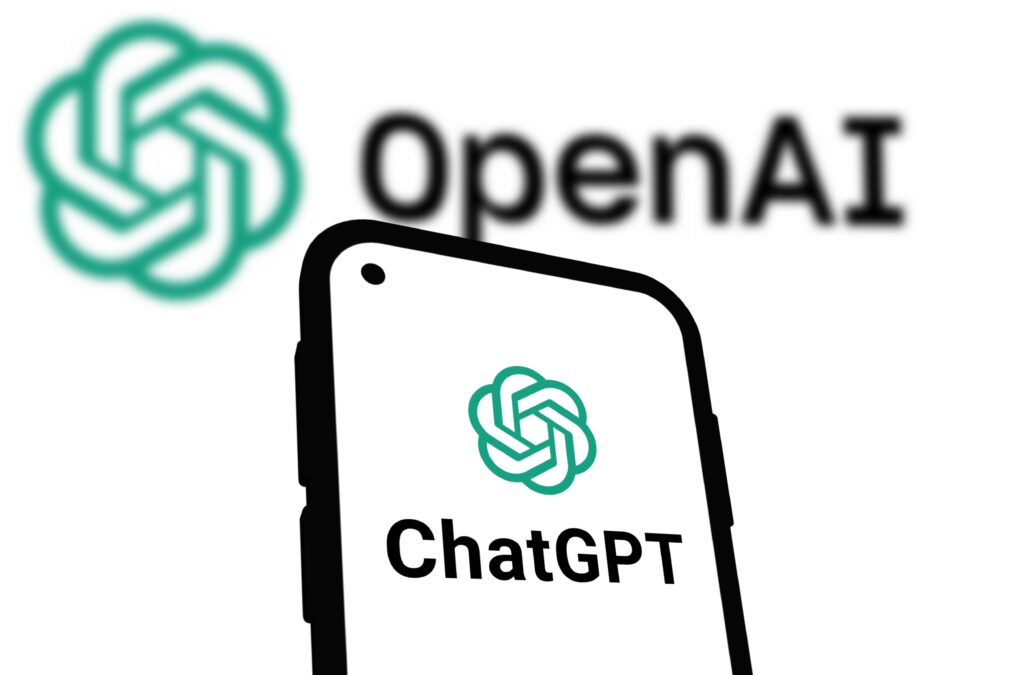Artificial intelligence company OpenAI launched its video generation program, Sora, for customer use on Monday. This move positions the company to lead the development of AI video rules and standards.
Sora transforms written prompts into digital videos lasting up to 20 seconds. Originally introduced as a beta product in February, it is now available as a standalone tool.
Advancing AI Video Technology
“We don’t want the world to just be text,” OpenAI CEO Sam Altman said during a live-streamed announcement. Altman emphasized the importance of expanding AI’s interaction beyond text.
In its blog post, OpenAI explained its goal of shaping cultural and regulatory norms for AI-generated video. “We’re introducing this technology to give society time to explore its possibilities and co-develop safeguards for responsible use,” the company said.
Sora interprets prompts using a “deep understanding of language” to create videos with complex scenes. These scenes can include multiple characters, detailed motions, and various camera angles. Videos can now reach lengths of up to one minute.
Examples from Sora’s beta phase included animated videos of creatures like monsters and kangaroos, as well as realistic footage of a woman walking in Tokyo or a cinematic movie trailer.
Despite its capabilities, Sora still has limitations. OpenAI noted that it struggles with realistic physics and complex actions over longer durations.
Addressing Misuse and Enhancing Safeguards
AI critics have raised concerns about misuse, pointing to incidents like deepfakes of political figures or explicit content involving celebrities. In response, OpenAI has implemented restrictions to mitigate abusive uses of Sora.
The company currently limits uploads of real people but plans to ease these restrictions as its detection systems improve.
“Our top priority is preventing especially harmful abuses, like child sexual abuse material and sexual deepfakes,” OpenAI stated. Measures include advanced detection tools, filtering, and reporting identified abuse to relevant authorities.
To ensure transparency, all videos generated by Sora will include C2PA metadata and default watermarking, helping users identify AI-created content.
By taking these steps, OpenAI aims to encourage innovation while addressing the ethical and societal challenges posed by AI-generated video.


